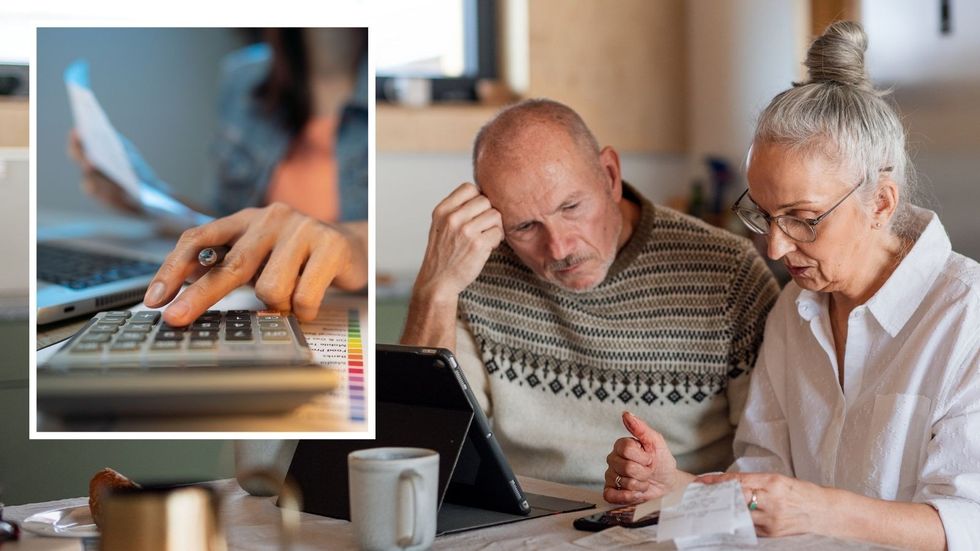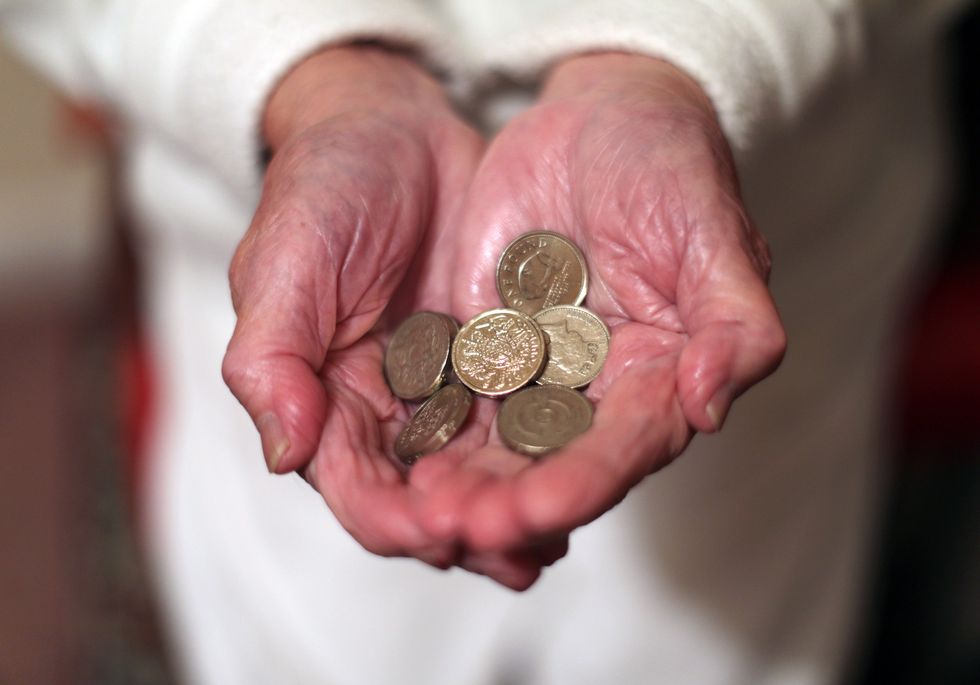State pension payment rates will rise by 4.1 per cent next year with some pensioners receiving a boost of up to £475, Chancellor Rachel Reeves has confirmed in her Autumn Budget.
Earlier this afternoon, the new Labour Government reiterated its pledge to keep the triple lock in place which is the metric used to determine yearly increases to pensions.
Under the triple lock, state pensions go up by either the rate of inflation, average earnings or 2.5 per cent; whichever is the highest.
With the consumer price falling to 1.7 per cent, the triple lock will be based on total pay including bonuses figures from the Office for National Statistics (ONS).
Over the period, wages jumped by 4.1 per cent which means state pension payment rates will increase by the same amount.
Despite Labour’s controversial decision to means-test the Winter Fuel Payment, the new Government has cited its commitment to the triple lock as indicative of
Do you have a money story you’d like to share? Get in touch by emailing [email protected].
 Experts have warned the state pension will not sustain the kind of retirement people needGETTY
Experts have warned the state pension will not sustain the kind of retirement people needGETTYUnder the full new state pension, pensioners currently receive £221.20 a week or £11,541.90 annually.
With a 4.1 per cent increase, claimants getting the full amount worth £230.30 weekly, the equivalent of £12,016.75 a year.
This represents an increase of £474.85 but those on the basis state pension should expect a smaller rate hike.
Basic pension recipients on full payments will get £176.45 a week or £902.95 a year.
LATEST DEVELOPMENTS:

Questions have been raised as to whether the state pension will be enough for older Britons
PA
Rachel Vahey, the head of Public Policy at AJ Bell, questioned the sustainability of the triple lock ahead of today’s Budget annoucement.
She explained: “The state pension is now at a level perilously close to the frozen personal allowance and should overtake it in two years’ time. At that point something must surely give.
“But slowing the increase in state pension growth or unfreezing the personal allowance both seem unlikely.
It could be that this fast-approaching crunch time means the Government will finally be forced to address the question of how much the state pension should really offer, at what age, and how it can increase payments sustainably each year.